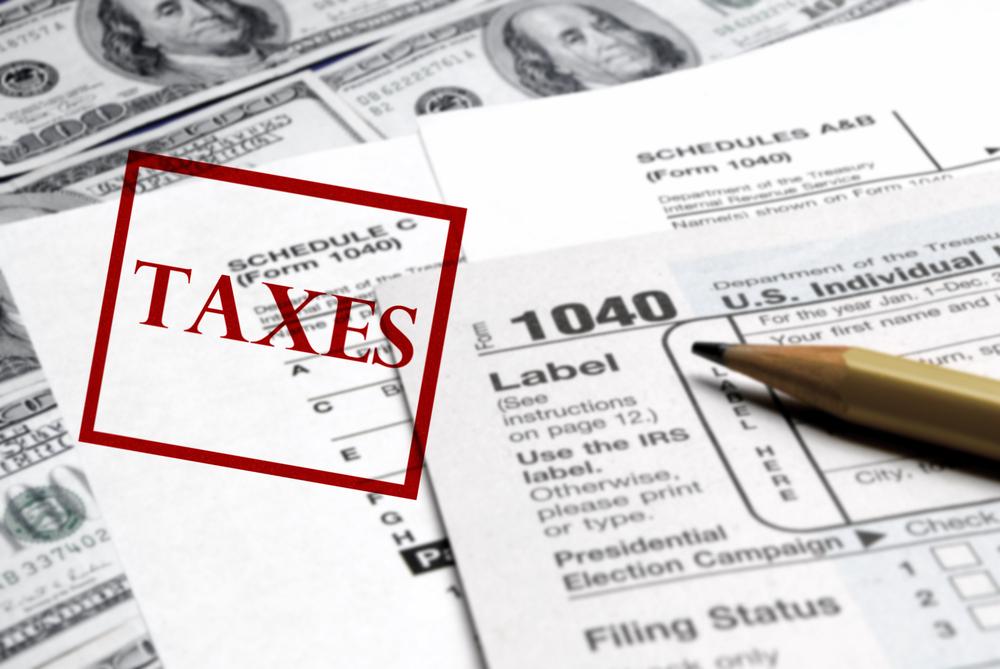
Common Tax Filing Mistakes to Avoid
The tax season is never an easy time of the year, not only does the stress and worry weigh us down, but the fear of making a mistake can weigh on a person and also affect their tax refund. However, because of the ability to file taxes online (e-filing taxes) via tax software from companies like H&R Block and TurboTax, filing your taxes is a lot easier. However, taxpayers should avoid these common tax filing mistakes:
1. Not withholding enough
Not withholding enough is a major mistake that taxpayers make on a regular basis. This can cause them to always become surprised when tax season arrives. Now that the new tax reform bill is a law, many taxpayers who filed a significant amount of deductions were hit the hardest as soon as the updated withholding tables got released.
This made it required for workers to be the ones responsible for the amount withheld by making necessary adjustments. Because of this mistake, you run the risk of under-withholding which could actually make you owe taxes.
2. Not waiting for all required tax forms
Many of the tax forms that taxpayers receive arrive a lot later. An example of this is the health savings account 1099 form. So when a taxpayer receives theirs, they would have already completed their taxes.
Although there might not be much affected by these, you need to be aware that the IRS gets a copy of all forms that show any type of gains and if you forget to include you may receive a notice about it from them. In order to avoid this mistake, you can easily list all of your documents that you expect to receive so that you know what you have and what to wait for.
3. Not accounting for all credits and deductions
When you begin to set money into an IRA or 401(k) now, you’ll be able to enjoy many opportunities to save. When you have money in a traditional IRA it becomes eligible for deductions that are immediate and then you get taxed for them once you’re retired. With a Roth account, post-tax money funds them so that you can enjoy a tax-free retirement.
If you have a health insurance plan that has a high deductible that is qualified can also be eligible for a HSA that includes a deductible so that patients can use tax-free money to cover health costs. Workers today are now able to invest a maximum amount of $19,000 towards a retirement fund that is employer-sponsored. For tax-advantaged IRAs, their contributions have a $6,000 cap if under 50 years old and a cap of $7,000 for over 50. When you have a HSA, you can fund it with as much as $3,500 for plans that are individual and as much as $7,000 for a family. For individuals older than 55, they are able to enjoy an extra contribution of $1,000 known as a catch-up. Many business owners need to remember that they also qualify for a deduction for business income. This deduction enables them to receive a 20% deduction of the business’s income for the purpose of individual taxes.
4. Relying on write-offs
Don’t rely on assuming that the money you spend now will all come back to you on tax day. There were major changes to the tax code which could mean many of the write-offs you used to enjoy may no longer be available. To avoid this you should consult with a financial advisor.


